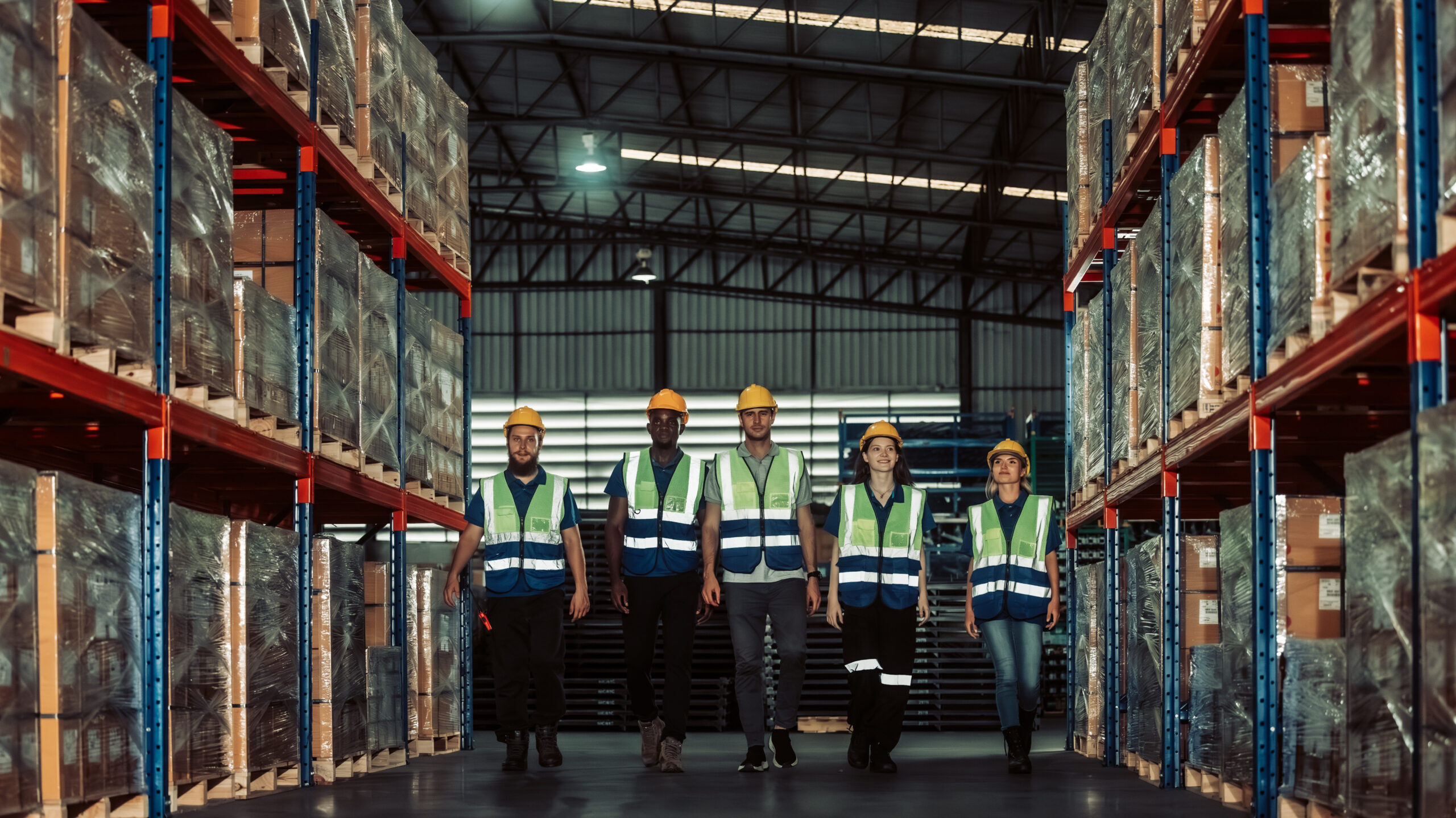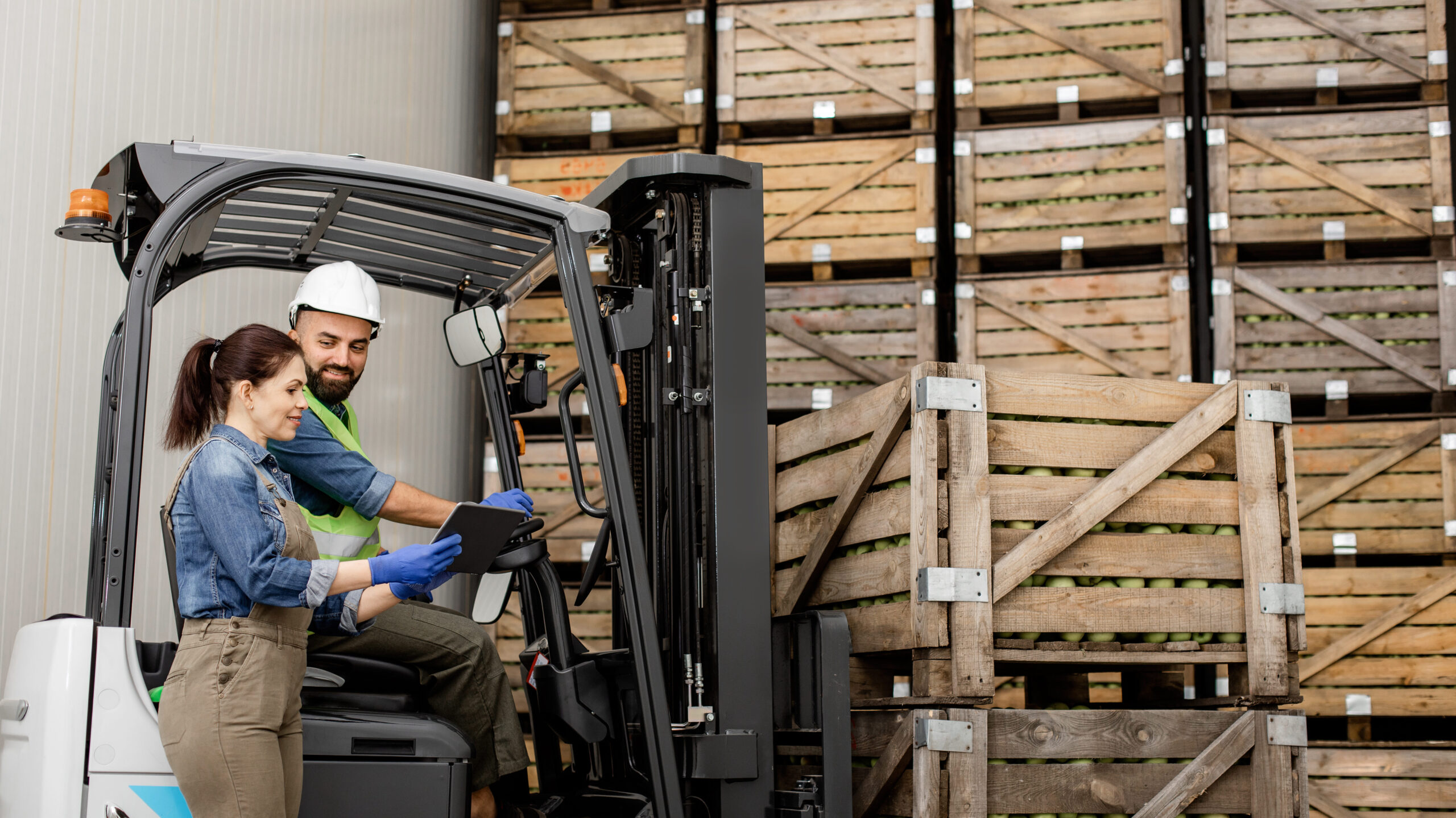The Unsung Heroes of Delivery: What is a Logistics Company?
Dina Youssef

Table of Contents
In today’s fast-paced world, where consumer expectations for swift and reliable deliveries are at an all-time high, the role of logistics companies has never been more critical. Behind the scenes of every product journey lies a complex network of transportation, warehousing, and coordination—a symphony orchestrated by logistics experts. These unsung heroes ensure that the latest smartphone you ordered arrives on your doorstep within days, the ingredients for your favorite dish reach supermarkets across the country, and lifesaving medical supplies are transported efficiently.
Understanding the Logistics Landscape
Imagine a world without the seamless flow of goods. Businesses would be overwhelmed by the complexities of shipping products from factories to warehouses and then onto consumers. Individual companies would struggle to manage their own transportation, warehousing, and distribution, leading to delays, inefficiencies, and frustrated customers. This is the reality logistics companies prevent.
At its core, a logistics company acts as the intermediary between the product’s origin and its final destination, ensuring it arrives safely, efficiently, and on time. They bridge the gap between manufacturers, retailers, and consumers, creating a smooth and streamlined supply chain.
The Scope of Logistics Services
While the term “logistics company” might conjure images of truck drivers and warehouses, the industry encompasses a much broader spectrum of services. From the initial transportation of raw materials to the final delivery of finished products, logistics companies handle every step of the supply chain.
Some logistics companies specialize in specific areas, such as:
- Transportation: Selecting the optimal mode of transport (truck, train, ship, or air) based on factors like cost, speed, cargo type, and environmental impact. They negotiate rates with carriers and ensure timely deliveries.
- Freight Forwarding: Navigating the complexities of international shipping, including customs clearance, documentation, and ensuring compliance with global regulations. This involves collaborating with international carriers, managing paperwork, and navigating trade agreements.
- Distribution: Managing the movement of goods from warehouses to retailers, distributors, or directly to consumers. This can involve route optimization, scheduling deliveries, and managing last-mile deliveries.
Other logistics companies offer a comprehensive suite of services, taking care of everything from packaging and labeling to reverse logistics (handling returns and product exchanges). This one-stop-shop approach simplifies the process for businesses and ensures a consistent experience throughout the supply chain.
Key Functions of a Logistics Company
At the heart of a logistics company’s operations are several core functions:
- Transportation Management: Selecting the most efficient transportation routes, negotiating rates with carriers, and ensuring timely deliveries. This involves route optimization, carrier selection, and real-time tracking of shipments.
- Supply Chain Optimization: Analyzing and improving the flow of goods and information within the supply chain to enhance efficiency and reduce costs. This includes forecasting demand, managing inventory levels, and identifying potential disruptions.
- Freight Forwarding: Handling the intricacies of international shipping, including customs clearance, documentation, and compliance with regulations. This involves working with customs officials, ensuring proper documentation for goods, and navigating international trade laws.
- Value-Added Services: Offering additional services like packaging, labeling, assembly, and reverse logistics to meet specific customer needs. This allows businesses to customize their logistics solutions.

The Benefits of Partnering with a Logistics Company
By outsourcing logistics functions to a specialized company, businesses can reap numerous benefits:
- Cost Reduction: Logistics companies leverage their scale and expertise to negotiate better rates with carriers, optimize transportation routes, and reduce warehousing costs. This can lead to significant cost savings for businesses.
- Increased Efficiency: Streamlined operations, reduced lead times, and improved inventory management lead to overall business efficiency. Logistics companies can help businesses optimize their supply chains and reduce bottlenecks.
- Risk Mitigation: Logistics providers manage transportation risks, customs compliance, and potential supply chain disruptions, providing businesses with peace of mind. They can handle unexpected challenges and ensure smooth delivery of goods.
- Scalability: Logistics companies can adapt to fluctuating business needs, offering flexible solutions to accommodate growth or seasonal fluctuations. This allows businesses to scale their logistics operations without significant upfront investment.
- Focus on Core Competencies: By outsourcing logistics, businesses can concentrate on their core strengths and strategic initiatives, such as product development and marketing. This allows them to focus on their core business goals.
The Future of Logistics
The logistics industry is undergoing a transformative shift, driven by technological advancements and changing consumer expectations. Trends like e-commerce, automation, and sustainability are reshaping the industry landscape.
Conclusion
Logistics companies play a vital role in the global economy, ensuring the seamless movement of goods across borders and continents. By understanding the services they offer and the benefits they provide, businesses can leverage the expertise of logistics companies to optimize their supply chains, reduce costs, and enhance customer satisfaction.
In our previous blog post, “What Are Logistics Services?“, we explored the concept of logistics services and how they form the backbone of global trade. But have you ever wondered who puts these intricate systems into action? The unsung heroes of the delivery world are none other than logistics companies. This blog dives deeper into the world of logistics companies, unpacking their core functions, the value they bring to businesses, and the exciting trends shaping the future of the industry. Buckle up and get ready to discover the intricate dance that keeps products flowing seamlessly from factories to your doorstep!
Ready to streamline your supply chain and elevate your customer satisfaction? Partner with Stellar Logistics today! We offer a comprehensive suite of logistics solutions to optimize your operations, reduce costs, and ensure your products reach your customers efficiently.